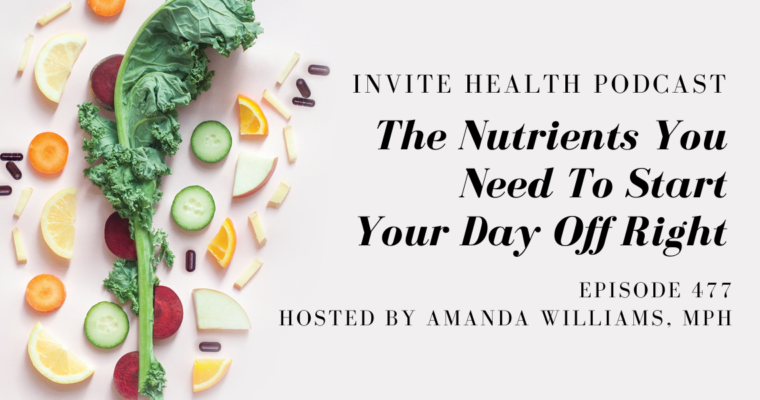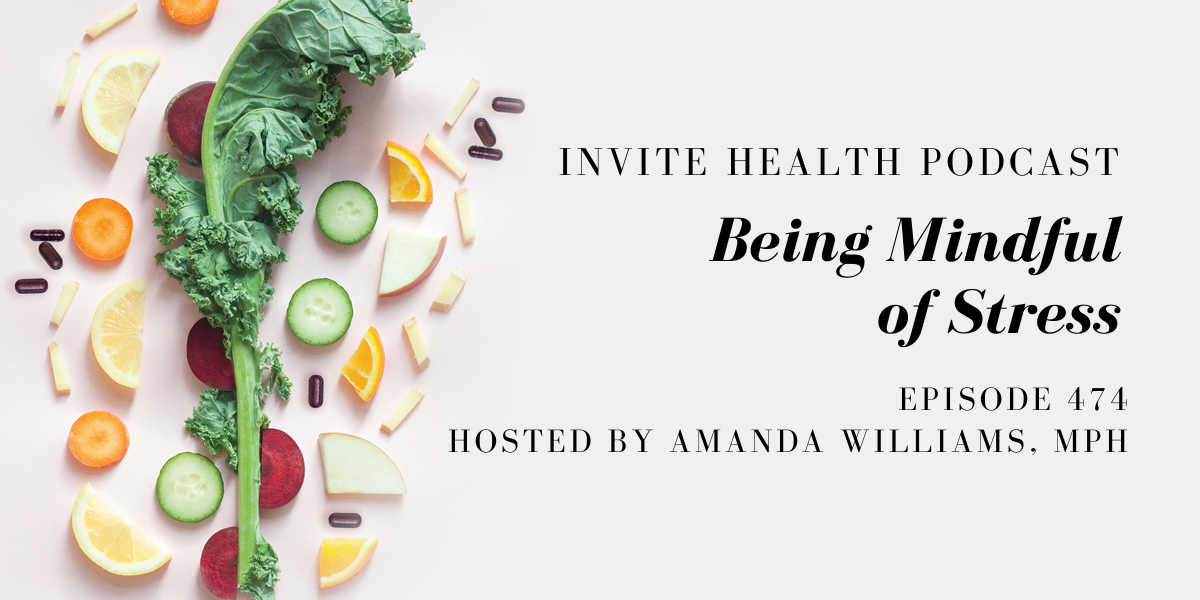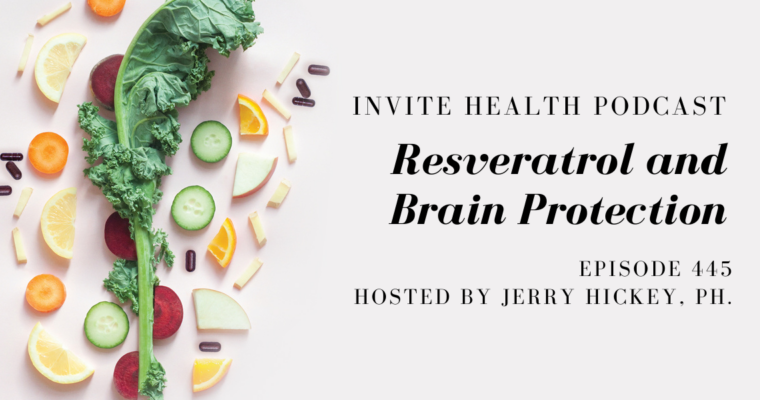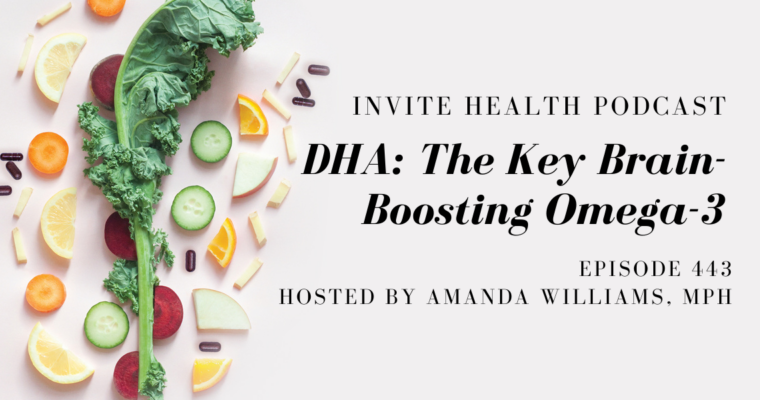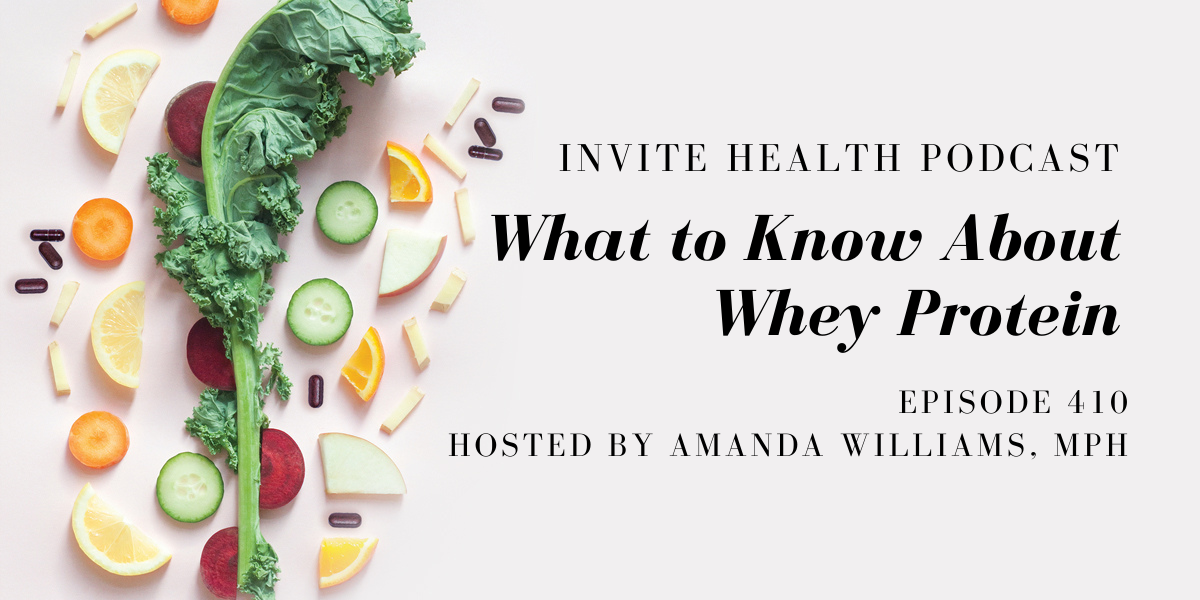stress
InViteⓇ Health Podcast, Episode hosted by Amanda Williams, MPH
Subscribe Today!
We have all experienced stress at some point in time throughout our lives, but today I want to zero in on the connection between being acutely mindful of your stress and the science of stress.†
How stress impacts the body
Over the past two decades, a lot more of the focus on stress-related research has certainly started to give more credit to our brain than we used to. We’re really starting to understand the true role that mindfulness and meditation can play. There are so many ways in which we can help to naturally destress our body. This is key because stress is prevalent.†
It’s meant to be this adaptive, healthy response in the short-term, but the problem is that most people have chronic, low-level stress. When this occurs, you’re in this constant state of feeling like you’re never “normal” and this is what many people are dealing with.†
DHA: THE KEY BRAIN-BOOSTING OMEGA-3 – INVITE HEALTH PODCAST, EPISODE 443. Listen Now>>
Chronic stress can lead to major problems and this is what a majority of people are dealing with. This is going to impact your circadian rhythm. If you’re not sleeping well, your body has a hard time when it comes to repair. When we look at the immune system, we definitely know that the stress response is going to impact the way that our body can fend off different bacteria and viruses. This can also alter the gut microbiome, to the point that it disrupts your blood pressure, as well as our cognition. Many times, when people are stressed out, they experience higher levels of brain fog. When people are very stressed out, they may also struggle to lose weight.†

Help your body handle stressors effectively
We have to get to the heart of what we can be doing to really regulate our stress response. We know that there are so many different nutrients that can be beneficial when it comes to targeting this issue. This includes B-vitamins, omega-3 fatty acids, theanine, probiotics, prebiotics, adaptogenic herbs and more.†
I want to talk about the Adrenoserine formulation and why that can be so incredibly beneficial. This is a great way to target many of the different components of chronic stress. It’s a combination of an adrenal glandular, which allows the body to better offset the negative way that the adrenal gland is working in the face of stressors. This formula helps to modify that response. It’s really nice to use a glandular because we know that that glandular is providing the body with those needed key nutrients in order to be more in its homeostasis or equilibrium. This formulation also includes phosphatidylserine, which is commonly known for brain health, but it also plays a very important role for cortisol response. It also has ashwagandha, which is an adrenal adaptogenic herb that is a direct modulator for stress coming from the adrenal glands. This allows the body to process stress more efficiently. Adrenoserine also offers DGL, which is deglycyrrhizinated licorice extract. This is because our GI tract can really start to feel the effects when we are faced with stressors. By having DGL, this allows the GI tract to create more of that balance once again.†
HOW TO SUPPORT YOUR ADRENAL GLANDS – INVITE HEALTH PODCAST, EPISODE 380. Listen Now>>
In this episode, Amanda Williams, MPH explains how our body can react to stressors and how this can affect many systems within the body if it becomes a chronic issue. She also discusses the Adrenoserine formulation and how this can support the body.†
Key Topics:
- The difference between acute and chronic stress
- What is fight or flight?
- The importance of mindfulness, meditation and other healthy coping mechanisms
- The important role of DHA
- How DGL works in the digestive system
Thank you for tuning in to the InViteⓇ Health Podcast. You can find all of our episodes for free wherever you listen to podcasts or by visiting www.invitehealth.com/podcast. Make sure you subscribe and leave us a review! Follow us on Facebook, Twitter and Instagram at InViteⓇ Health today. We’ll see you next time on another episode of the InViteⓇ Health Podcast.


